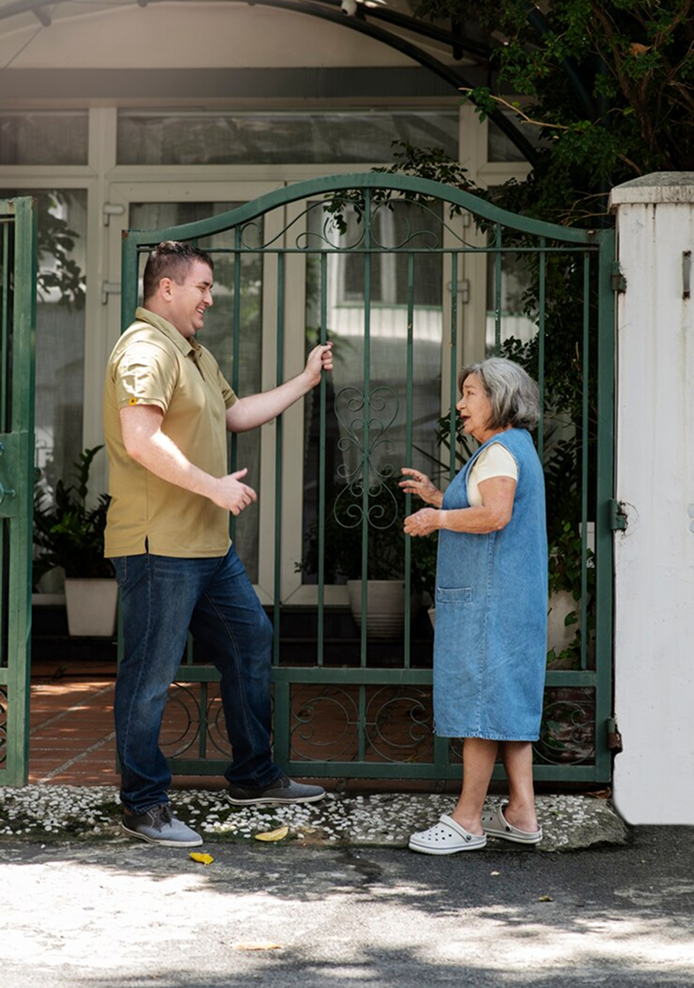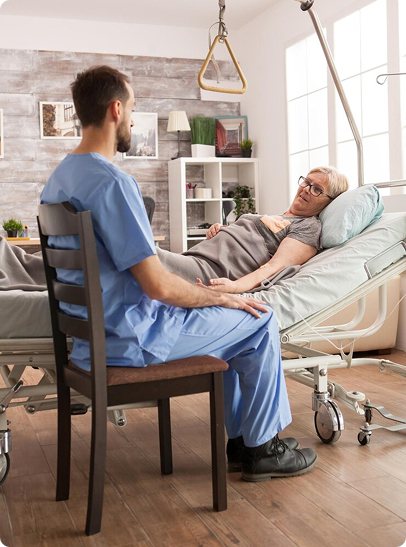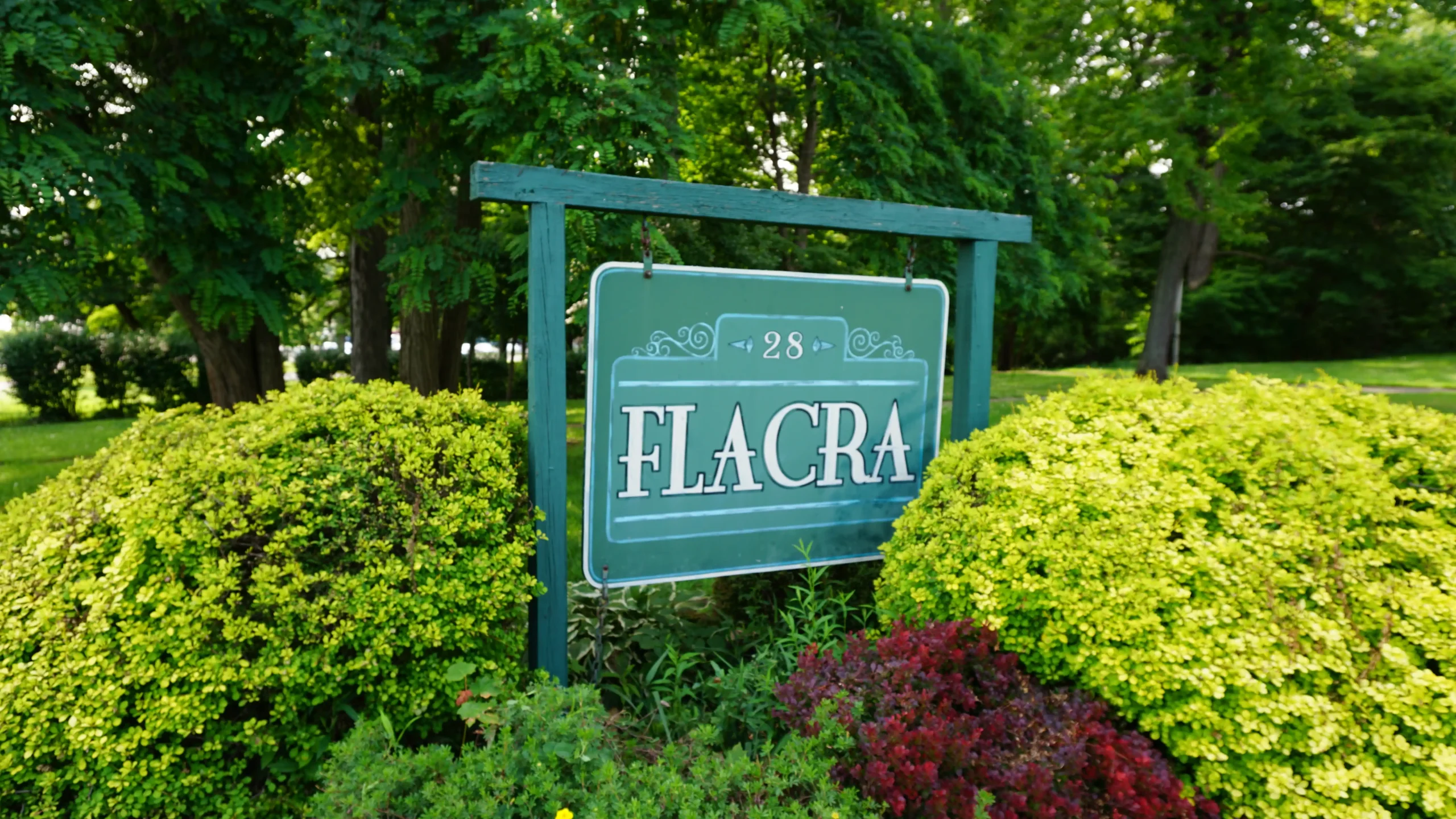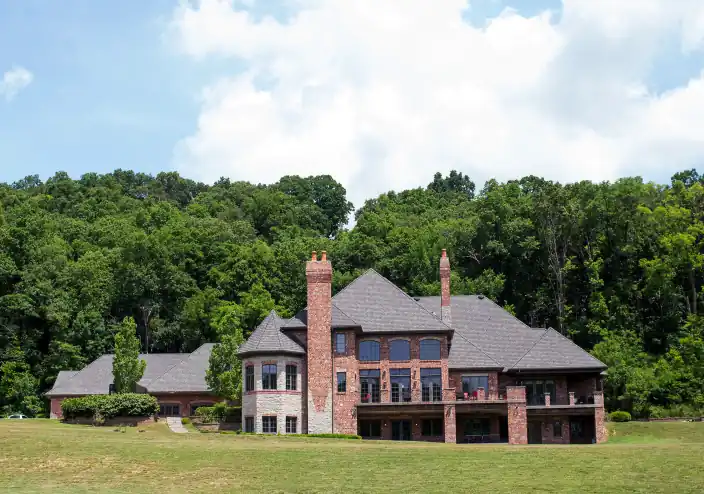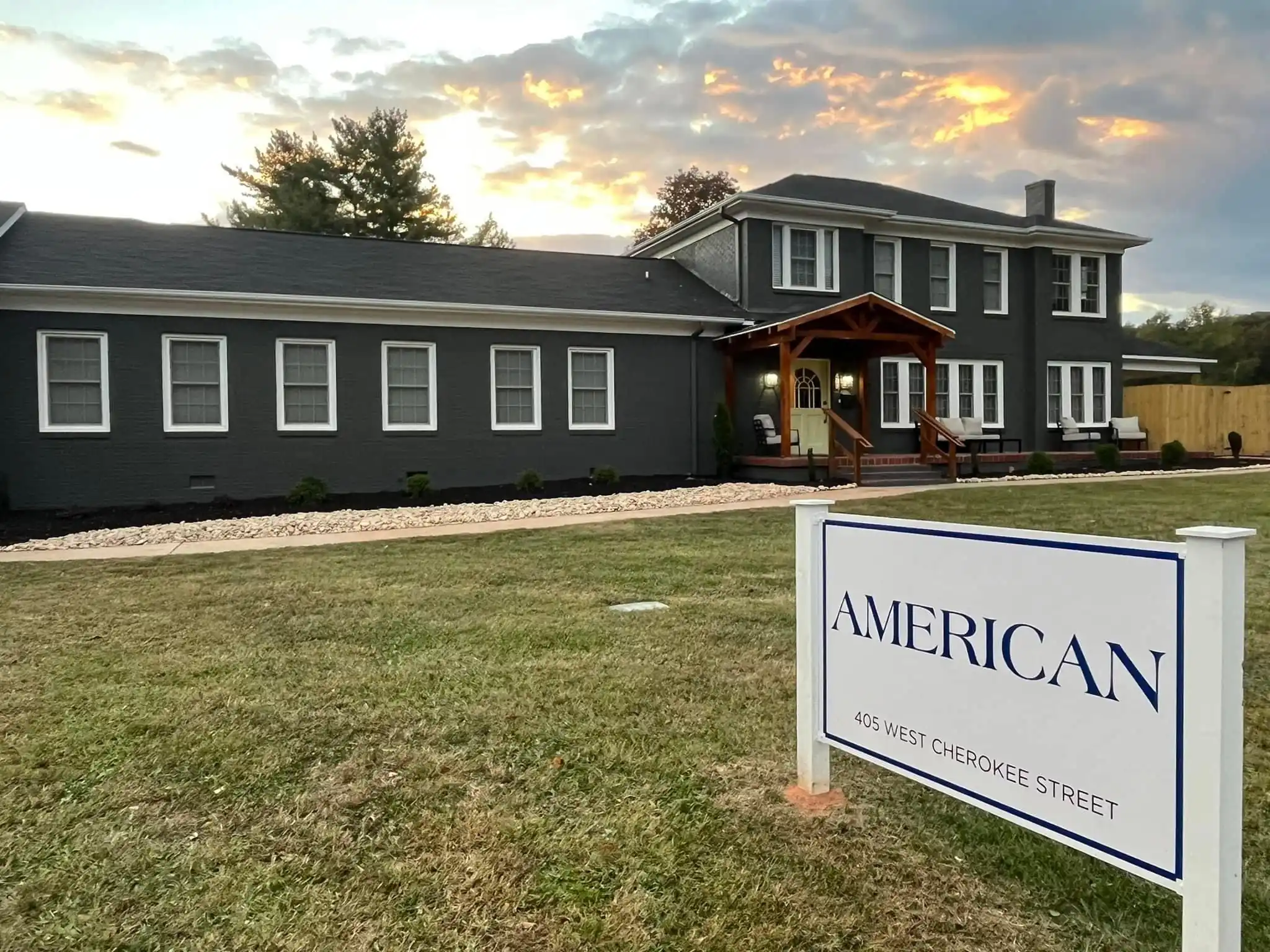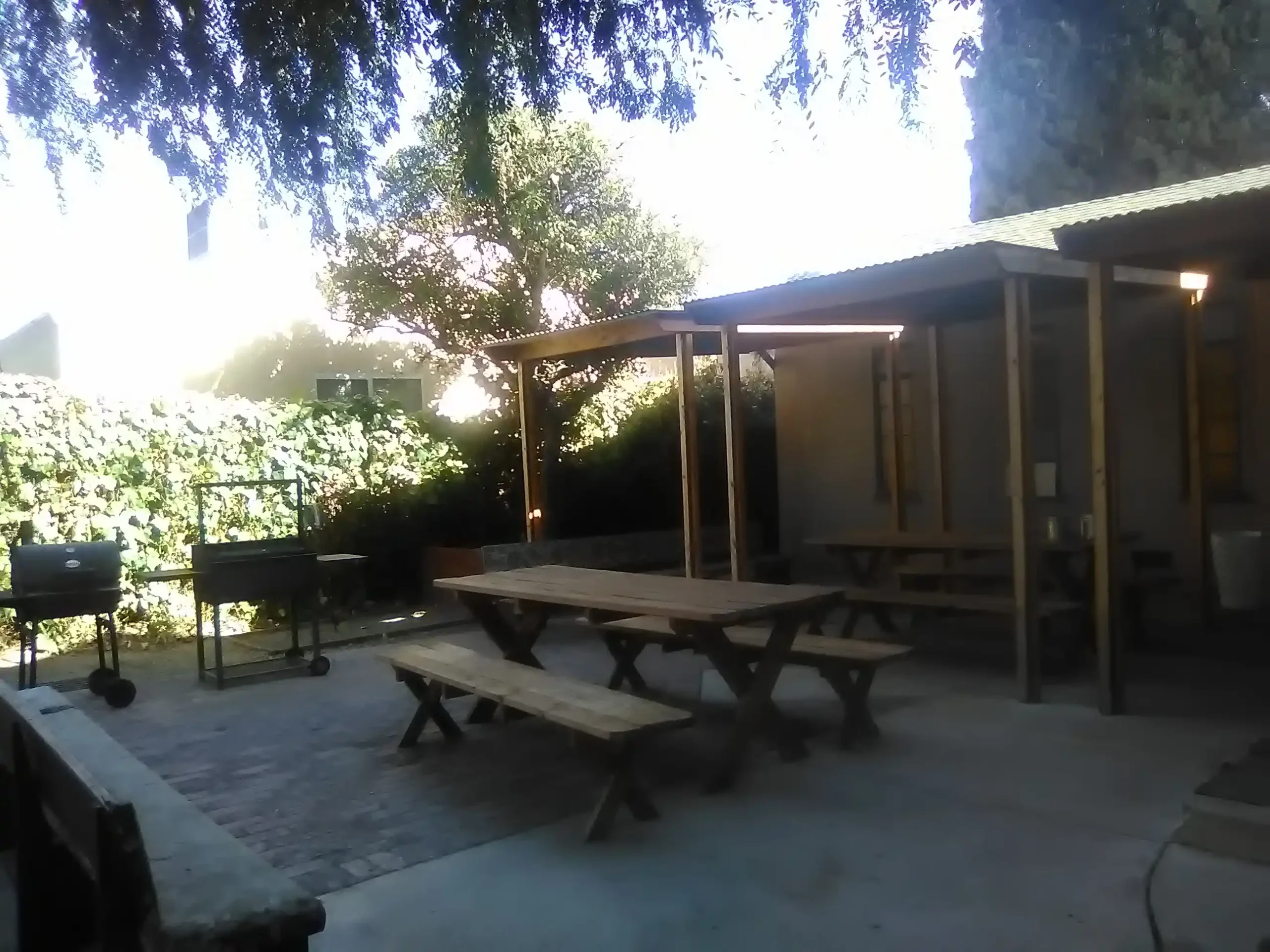Are Residential and Inpatient Rehab the Same?
| Category | Inpatient Rehab | Residential Rehab |
|---|---|---|
| Medical Care | Often includes intensive medical and psychiatric supervision | Typically less medically intensive, more focused on therapeutic support |
| Typical Setting | Hospital or clinical setting | Home-like, retreat-style environment |
| Client Profile | Higher-risk clients with medical or psychiatric needs | Stable individuals ready for deep behavioral work |
| Length of Stay | Often shorter, acute stabilization (7–30 days) | Often longer stays (30–90+ days) |
In practice, both involve 24/7 structured care and therapeutic support in a live-in setting. The main difference lies in the level of medical intensity and environment.
The terms “residential rehab” and “inpatient rehab” are often used interchangeably, but there are subtle distinctions
